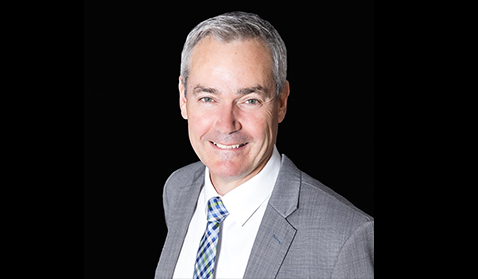I was pleased to participate in a memorable second meeting of the Joint Council on Closing the Gap last week in Adelaide.
There can be few more pressing tasks than reducing the differences in life span, health, housing and employment between Indigenous and non-Indigenous Australians – and local government has a key role to play.
Among the objectives in the Joint Council’s communique are a shared commitment to work together, especially on three new priorities:
- Developing and strengthening structures to ensure the full involvement of Aboriginal and Torres Strait Islander peoples in shared decision making at the national, state and local or regional level and embedding their ownership, responsibility and expertise to close the gap;
- Building the formal Aboriginal and Torres Strait Islander community-controlled services sector to deliver closing the gap services and programs in agreed priority areas; and
- Ensuring all mainstream government agencies and institutions undertake systemic and structural transformation to contribute to Closing the Gap.
While the consideration of a local voice is in its infancy, it is vital that local government is involved in these discussions as we are the most logical interface between local government and local voices.
ALGA’s policy commitments have long stressed the importance of Indigenous voices in local decision-making.
We say it is essential that the “voices of Indigenous councils and elected officials are heard loud and clear, and that their knowledge and experiences underpin the development of effective policy and advocacy.” Our level of government will not have all the answers, far from it, but we can have a powerful role in listening and channeling local needs and opportunities.
I also told the Joint Council that ALGA is considering the possibility of a project with the Commonwealth to address our skills gap.
The 2018 Closing the Gap report found that over a decade, the Indigenous employment rate fell to 46.6 per cent in 2016 from 48.0 per cent in 2006. The non-Indigenous employment rate was largely stable at around 72.0 percent.
Local Government needs more employees, particularly younger people who are keen to work in regional locations. Many regional councils have already engaged local Indigenous people in great council jobs, including in cadetships and apprenticeships which create career pathways.
Some local councils stipulate supporting Indigenous employment in their procurement policies. City of Prospect’s, for example, highlights that our council’s membership of Supply Nation – a database of verified Indigenous businesses – means we should consider these suppliers when purchasing goods and services.
Furthermore, our Reconciliation Action Plan, like those created by other councils in partnership with their local Indigenous communities, highlights our council’s policies to encourage Aboriginal and Torres Strait Islander people to apply for council jobs.
Local councils, choosing to employ Aboriginal and Torres Strait Islanders, can play a pivotal role in transforming local lives through providing local jobs and career pathways.
I also raised the importance of housing. Many communities still have significant overcrowding and housing quality issues.
We know that building more housing and improving existing ones for Indigenous Australians provides opportunities for Indigenous employment, apprenticeships, tradespeople and, in time, Indigenous businesses capable of maintaining or building the next batch of housing.
Lastly, I noted that councils were working with local Indigenous organisations to increasingly incorporate local indigenous language in signage across local government areas.
At our recent National General Assembly of Local Government, one of the best-received presentations and exhibition booths was by First Languages Australia, which also prepared these resources for local councils.
For example, the City of Newcastle (NSW) has installed a series of dual language signs to honour its local Awabakal and Worimi peoples, while my own City of Prospect (SA) has engaged with local language specialists to name our new civic centre, new streets and parks in Kaurna language, and to dual name our significant recreation facilities.
The Joint Council will meet again in November to report on progress made and agree the key recommendations to COAG in December.
I look forward to representing you at both meetings.
Please contact me or the ALGA team if you have ideas or examples of how we can work together on these important tasks.
David O’Loughlin
ALGA President



